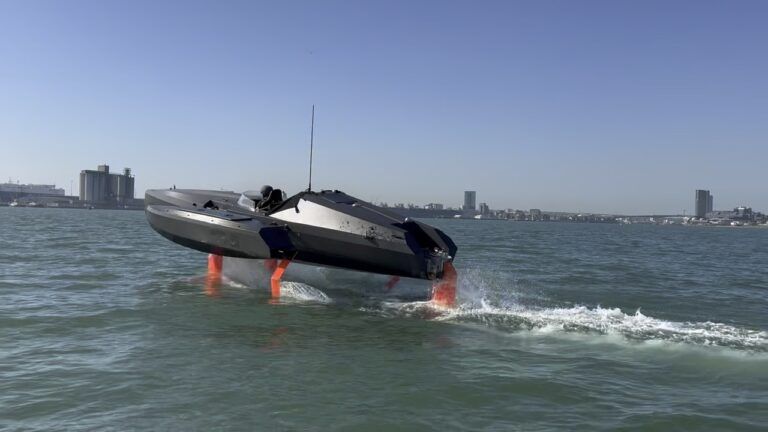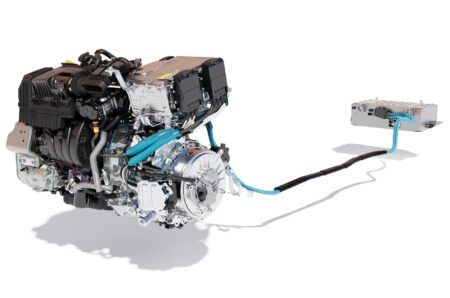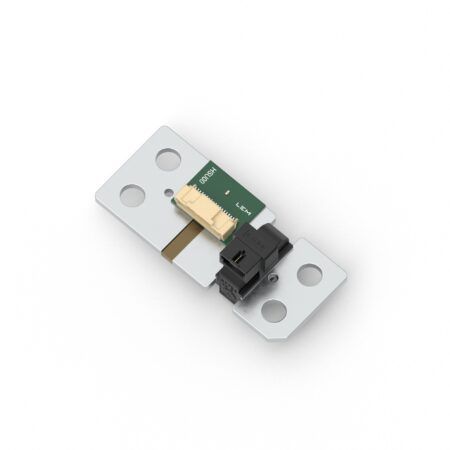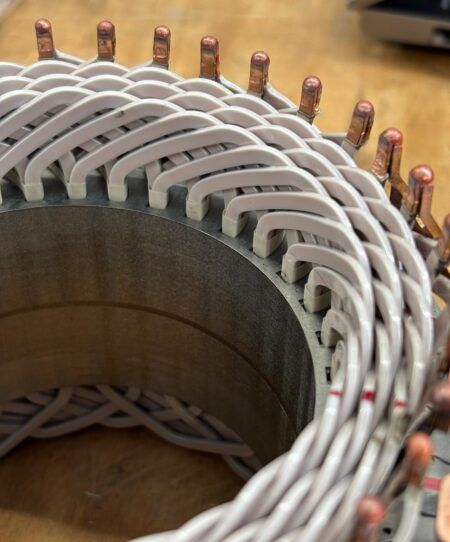Chartwell Marine has completed sea trials of its electric trimaran ferry demonstrator, reporting operational costs five times lower than equivalent fossil fuel-powered vessels. The TriFoiler project, developed in partnership with Southampton Solent University and Newcastle Marine Services, concluded initial testing on Southampton Water following its March launch.
The vessel was developed under the UK Government’s Clean Maritime Demonstration Competition, supported by a £1.86 million grant through the UK SHORE programme delivered by Innovate UK. Sea trials focused on evaluating the feasibility of zero-emission passenger ferries for inland and coastal waterway operations.
The trimaran design combines a lightweight hull with electric propulsion systems, achieving efficiency gains at both high and low speeds. Electric motors are positioned on widely-spaced foils, providing enhanced stability and maneuverability compared to traditional monohull designs. The configuration uses commercially available components intended to meet operational demands of regular ferry services.
“Successfully completing the TriFoiler project is a big milestone and testament to the team’s hard work,” said Andy Page, Managing Director at Chartwell Marine. “The sea trial results clearly show that a trimaran, coupled with electric propulsion systems, will provide an efficient, reliable and environmentally friendly solution for the ferry industry.”
Southampton Solent University created a digital twin of the vessel to simulate performance characteristics before physical testing. The virtual model has been validated against real-world trial data and will inform future design development while supporting naval architecture education programs.
“The project exemplifies how collaboration between academia and industry can accelerate innovation,” said Giles Barkley at Southampton Solent University. “We created a full-size digital twin of the vessel to replicate its performance on water at the university. Now validated with data from the trials, this enables us to enhance future designs while also supporting the training and development of the next generation of naval architects.”
The trials demonstrated the vessel’s suitability for operations in categorized waters including the Solent and similar UK coastal areas. The project team emphasized that efficiency benefits apply whether the vessel operates with or without its hydrofoil system deployed.
Mike Biddle, Executive Director for Net Zero at Innovate UK, highlighted the commercial implications of the results. “Chartwell Marine’s TriFoiler technology is a good example of UK innovation driving decarbonisation in a vital international sector,” he said. “It shows that net zero doesn’t mean compromise – delivering lower emissions can also be cheaper to run, faster and more manoeuvrable.”
Chartwell Marine will display the TriFoiler at Seawork 2025 in Southampton from June 10-12, with additional testing planned to incorporate findings from the initial trials.





